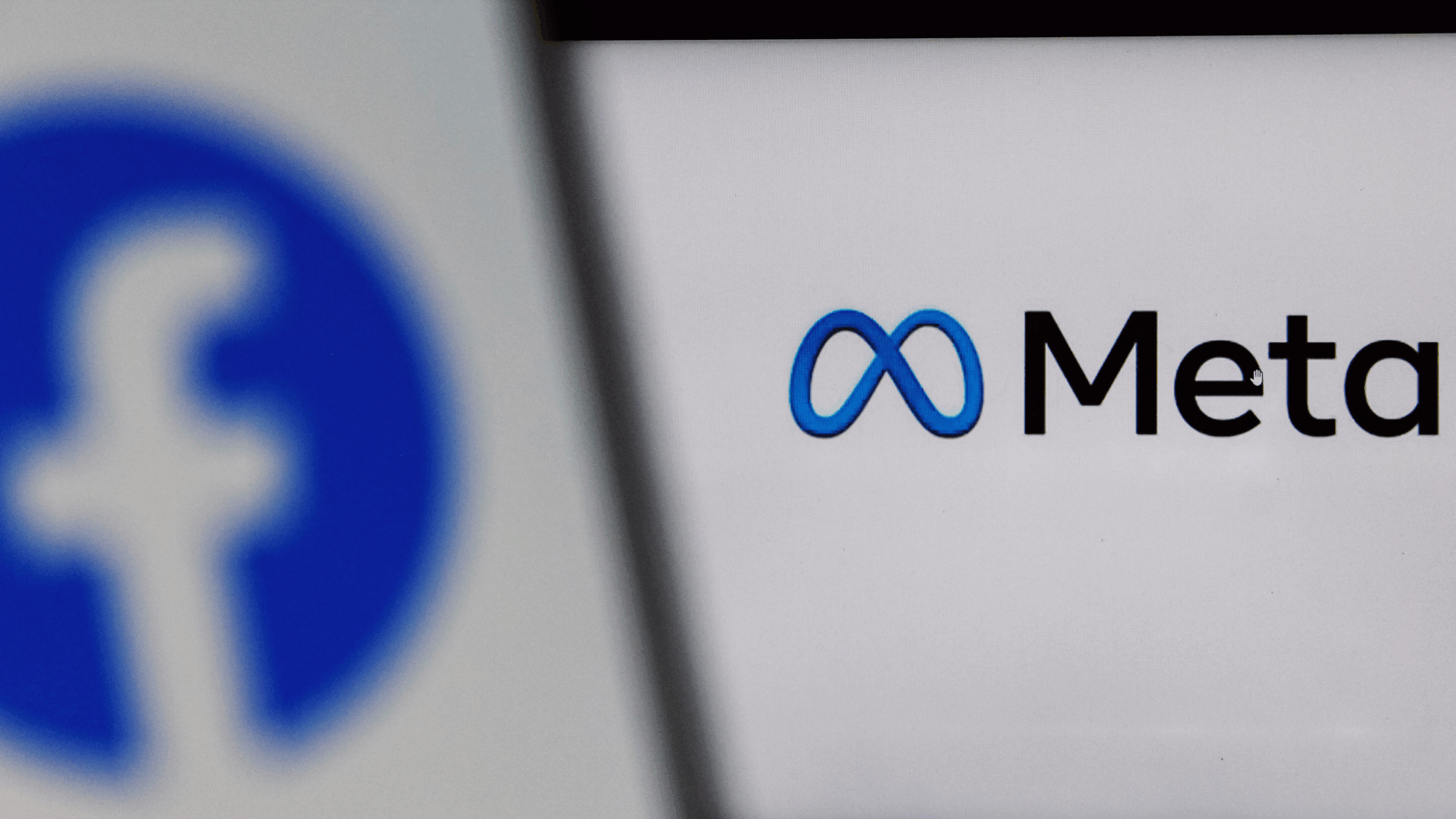
Sign up for smart news, insights, and analysis on the biggest financial stories of the day.
Sometimes whistleblowers who leak to the media reveal important truths vital to the public’s understanding of the world. Other times, a brave “source familiar with the matter” just wants to let the world know how awesome their company is doing.
On Thursday, an anonymous person familiar with magazine giant Condé Nast did the latter, letting the world know via The Wall Street Journal that, after years of failing to turn a profit, the company made some money last year. How much money? They wouldn’t say. When did Condé Nast last make a profit? They wouldn’t say, either. For now, we can bask in the convenience of this good news.
The Great Paywall of Vogue China
Condé Nast, like many print media companies, has struggled to make money in recent years because print-advertising revenues have been in a permanent downcycle, driven there by tech giants that own the digital ad market. The publisher of high-brow, high profile titles Vogue, Bon Appétit, and The New Yorker initially resorted to layoffs and furloughs at the beginning of the pandemic, but then grew its staff by 3% last year. That can be attributed to phenomenal revenue growth:
- Condé Nast grew its revenue by an unspecific double-digit percentage to nearly $2 billion in 2021 as subscriptions and memberships — the new best way to make money for media outlets that offer exclusive content — grew 14%.
- Condé Nast, a privately held company that lost $120 million in 2017, now has a global digital audience of 360 million monthly average readers (not counting its Chinese readership), many of whom pay for titles like Wired that have been moved behind paywalls.
The Allure of Acquisitions: “We are definitely starting to turn our sights externally and consider M&A,” Condé Nast CEO Roger Lynch told the Journal.
High Brow Sells: Conde Nast’s stable of magazine’s with affluent readerships have fared better than the more populist fare like Entertainment Weekly, InStyle, EatingWell, Health, Parents, and People en Español, all of which had their print editions thrown permanently in the shredder by owner Dotdash last week.











